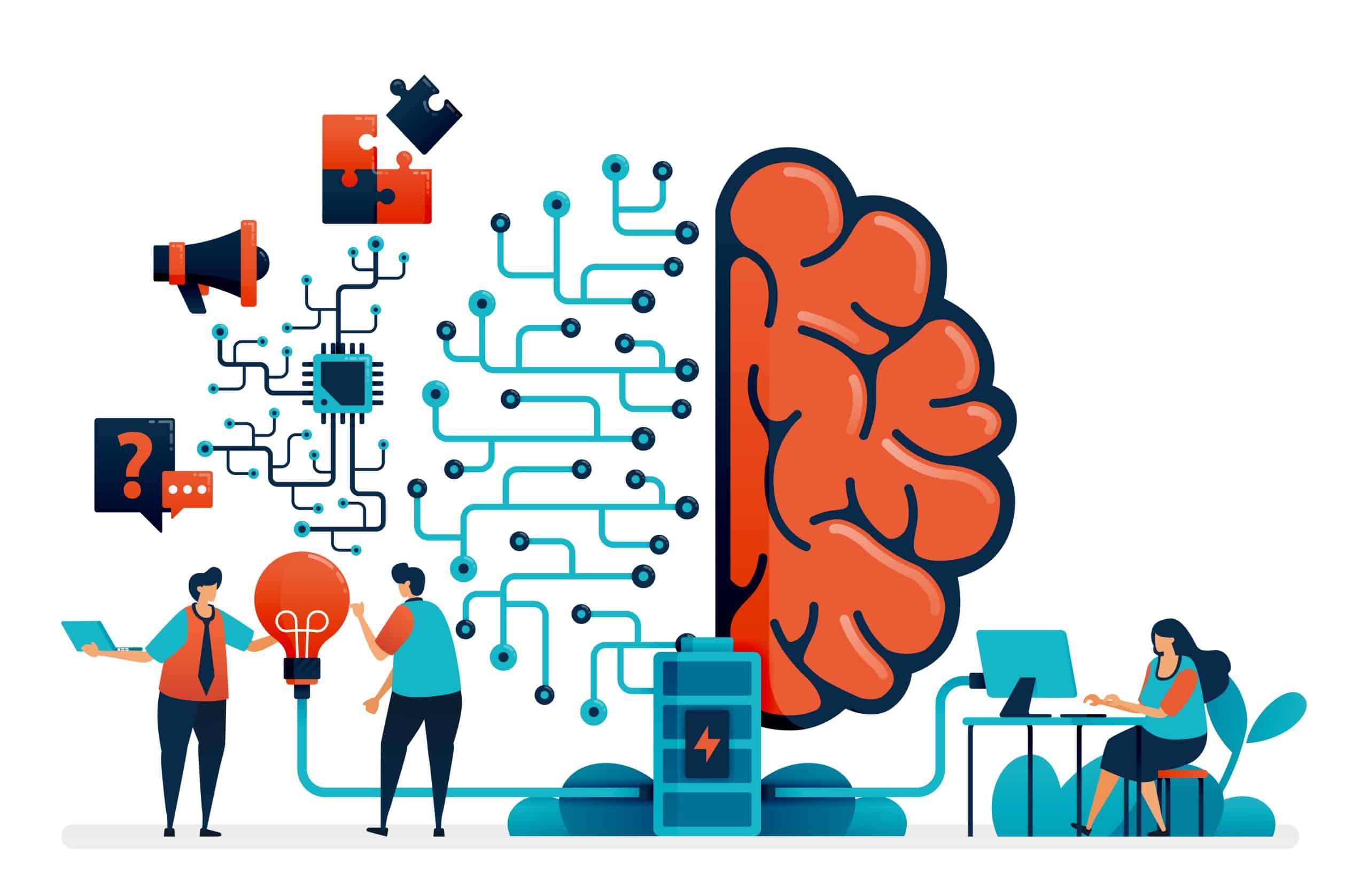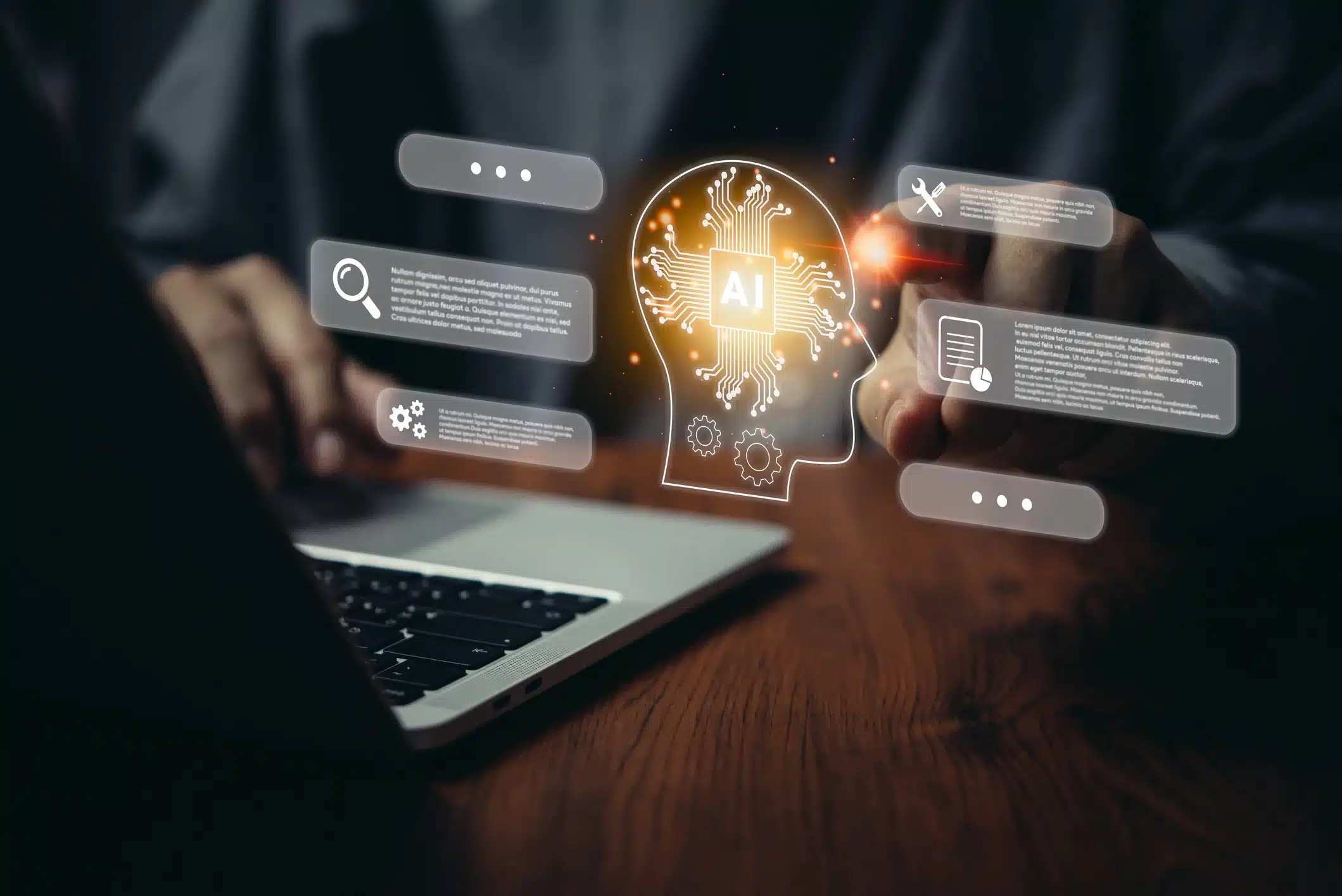- 🤖 AI Integration: The integration of AI is significantly transforming the digital marketing landscape, with usage in marketing skyrocketing from 29% in 2018 to 90% in 2022.
- 🎨 Creative Support: AI tools are aiding in various marketing tasks, from generating images, writing content, creating videos, to enhancing SEO efforts, making in-house teams more proficient.
- 📈 Efficiency Boost: By using AI, in-house marketing teams can streamline operations, increasing efficiency and closing skills gaps traditionally filled by external agencies.
- 💪 In-House Empowerment: AI-powered tools provide in-house teams with full creative control, cost savings, and opportunities for skill enhancement and internal growth.
- 📚 Ongoing Training: Investing in AI training and carefully selecting the right tools are crucial steps towards successfully implementing AI within in-house teams.
- 🌱 Hybrid Model: Adopting a hybrid model where AI handles routine tasks allows marketing teams to focus on strategy and creativity, preparing them for the future.
In the realm of digital marketing, the winds of change are blowing stronger than ever, ushered in by the rapid integration of artificial intelligence (AI). As we explore this fascinating transformation, it’s essential to understand how AI is not just reshaping the marketing landscape but also empowering in-house teams to break barriers and achieve unprecedented success.
Understanding the Magnitude of AI Integration in Marketing
Artificial intelligence is proving to be a game-changer in digital marketing, with AI usage in the industry skyrocketing from merely 29% in 2018 to an astounding 90% by 2022. This extraordinary growth signals a paradigm shift where AI technologies are no longer optional but have become a critical component of modern marketing strategies. So, what does this transition mean for in-house marketing teams?
The Power of Creative Support Offered by AI
One of the most transformative aspects of AI is its ability to enhance creative processes. AI tools have become instrumental in generating imaginative images, writing compelling content, creating engaging videos, and optimizing SEO efforts. By automating these creative tasks, AI empowers in-house teams to produce high-quality marketing materials more efficiently and effectively.
Expert Tip: Creative AI Tools to Explore
- Image Generation: Platforms like DALL-E and Canva’s AI integration.
- Content Writing: Tools such as Jasper.ai and Grammarly.
- Video Creation: Pictory and Lumen5 for easy video generation.
- SEO Optimization: SEMrush and Ahrefs for data-driven insights.
Boosting Efficiency and Closing Skills Gaps
In-house marketing teams are witnessing a newfound efficiency boost, thanks to AI-powered solutions. By assuming routine tasks, AI allows teams more time to focus on strategic initiatives. This capability significantly reduces the dependence on external agencies, closing skills gaps and fostering a more autonomous working environment.
Empowering In-House Teams
Aside from operational enhancements, AI enables full creative control over marketing campaigns, directly translating to cost savings and opportunities for skill enhancement within teams. This empowerment encourages businesses to invest in talent development and internal growth, further contributing to a dynamic and self-sufficient marketing team.
Steps to Successful AI Implementation
To harness AI’s full potential, ongoing training and tool selection are vital. Here’s a step-by-step approach for businesses to integrate AI effectively:
- Invest in Training: Organize workshops and courses on AI technologies and applications.
- Select Tools Wisely: Focus on tools that match your marketing needs and goals.
- Start Small: Begin with AI in foundational roles and expand as proficiency grows.
- Encourage Collaboration: Foster collaboration between AI solutions and human intelligence to maximize creativity and strategic thinking.
The Promising Future of the Hybrid Model
The adoption of a hybrid model, where AI manages routine tasks, enables teams to focus on creativity and strategic planning. This forward-thinking approach not only prepares teams for future challenges but also helps them stay ahead in an increasingly competitive digital landscape.







